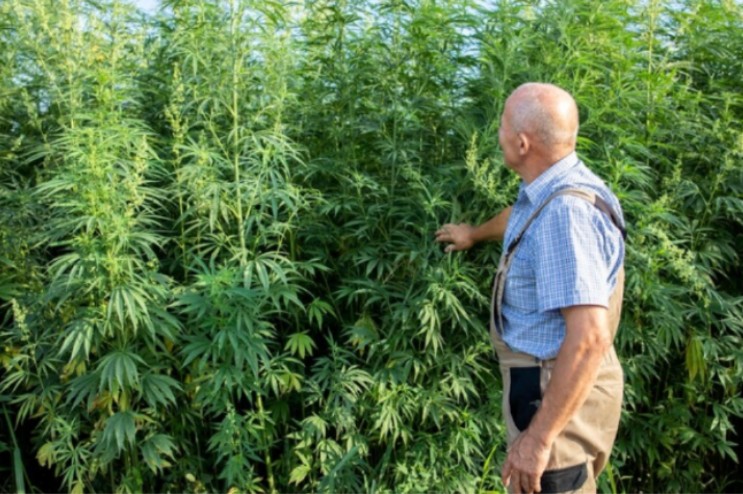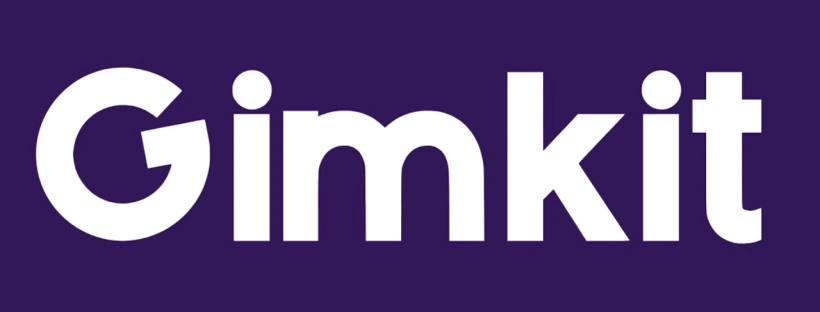The burgeoning hemp industry presents a wealth of opportunities for businesses and consumers alike. As the demand for hemp products, particularly hemp flowers, continues to grow, so does the need for navigating the complex legal landscapes surrounding it. Ensuring compliance and safety is crucial for anyone involved in the wholesale market. This guide will help you understand the intricacies of hemp flower wholesale compliance and safety, ensuring that your business remains within legal boundaries and provides safe, high-quality products. If you are dealing with “hemp for sale,” this article is for you.
Understanding the Legal Framework
The legal status of hemp flowers is governed by a combination of federal, state, and local regulations. Understanding these laws is essential for compliance.
Federal Regulations
The 2018 Farm Bill legalised the production and sale of hemp, defining it as cannabis with less than 0.3% THC (tetrahydrocannabinol) on a dry weight basis. This legislation removed hemp from the Controlled Substances Act, allowing it to be grown and sold under specific conditions.
Key Points:
- THC Limits: Hemp must contain less than 0.3% THC.
- Licensing: Farmers must obtain proper licences from their state’s agricultural department.
- Testing: Hemp must be tested to ensure it meets the THC threshold.
State Regulations
While the Farm Bill provides a federal framework, each state has its own regulations governing the cultivation, processing, and sale of hemp. These laws can vary significantly, so it’s crucial to understand the specific requirements in your state.
Key Points:
- State-Specific Licensing: States may have additional licensing requirements and fees.
- Testing Protocols: Some states have more stringent testing protocols than federal requirements.
- Distribution Restrictions: Certain states may have restrictions on the sale and distribution of hemp products.
Local Regulations
Local governments can also impose additional regulations on hemp businesses. These can include zoning laws, local licensing requirements, and restrictions on sales within certain jurisdictions.
Key Points:
- Zoning Laws: Ensure your business complies with local zoning laws for agricultural and commercial operations.
- Local Licences: Check if additional local licences are required.
- Sales Restrictions: Be aware of any local ordinances that may impact the sale of hemp products.
Ensuring Compliance in Hemp Flower Wholesale
Compliance is critical for maintaining the legality and integrity of your hemp business. Here are key steps to ensure compliance when dealing with hemp flower wholesale:
1. Secure Proper Licensing
Ensure that all necessary licences and permits are obtained from federal, state, and local authorities. This includes licences for cultivation, processing, and distribution.
2. Adhere to THC Limits
Regularly test your hemp flower to ensure it contains less than 0.3% THC. This can prevent legal issues and ensure your product meets regulatory standards.
3. Maintain Detailed Records
Keep comprehensive records of all transactions, including purchases, sales, and lab tests. This documentation is essential for demonstrating compliance during inspections and audits.
4. Implement Quality Control Measures
Establish strict quality control protocols to ensure your hemp flower meets all regulatory requirements and maintains high standards of safety and quality.
5. Stay Updated on Regulations
Hemp laws are continually evolving. Stay informed about changes in federal, state, and local regulations to ensure ongoing compliance.
Safety Considerations in Hemp Flower Wholesale
Ensuring the safety of hemp flower products is paramount. This involves rigorous testing, proper handling, and adherence to best practices.
1. Third-Party Lab Testing
Third-party lab testing is essential for verifying the safety and quality of your hemp flower. These tests should check for:
- THC Content: Confirming compliance with the 0.3% THC limit.
- Pesticides: Ensuring the product is free from harmful pesticide residues.
- Heavy Metals: Testing for contamination from heavy metals like lead and mercury.
- Microbial Contaminants: Checking for mould, bacteria, and other microbial contaminants.
2. Proper Handling and Storage
How you handle and store hemp flowers can significantly impact its quality and safety.
Key Points:
- Temperature Control: Store hemp flowers in a cool, dry place to prevent mould and mildew.
- Humidity Control: Maintain optimal humidity levels to preserve the flower’s integrity.
- Avoid Contamination: Use clean, sanitary equipment and facilities to prevent contamination.
3. Transparent Labelling
Accurate labelling is crucial for compliance and consumer safety. Labels should include:
- CBD and THC Content: Clearly state the levels of CBD and THC.
- Batch Number: Include batch numbers for traceability.
- Testing Information: Provide information on third-party lab testing.
- Usage Instructions: Include any relevant usage and safety instructions.
4. Educate Your Staff
Ensure that all employees are trained in compliance and safety protocols. This includes understanding regulatory requirements, proper handling techniques, and the importance of documentation.
Navigating Common Challenges
Regulatory Changes
The legal landscape for hemp is continually evolving. Stay proactive by monitoring regulatory updates and participating in industry associations that provide timely information.
Interstate Commerce
Transporting hemp flower across state lines can present legal challenges. Ensure that your shipments comply with both the originating and receiving states’ regulations.
Consumer Education
Educate your customers about the benefits and legal status of hemp flowers. Transparency builds trust and can help mitigate misunderstandings about the legality and safety of your products.
Conclusion
Navigating the legal landscapes of hemp for sale in the wholesale market requires a thorough understanding of federal, state, and local regulations. Compliance is not only a legal requirement but also a critical component of maintaining the integrity and reputation of your business. By ensuring rigorous testing, proper handling, and transparent labelling, you can provide safe, high-quality hemp flower products to your customers. Stay informed about regulatory changes, educate your staff, and maintain detailed records to navigate this complex industry successfully. Embrace the opportunities presented by the hemp industry with confidence, knowing that your business is built on a foundation of compliance and safety.










